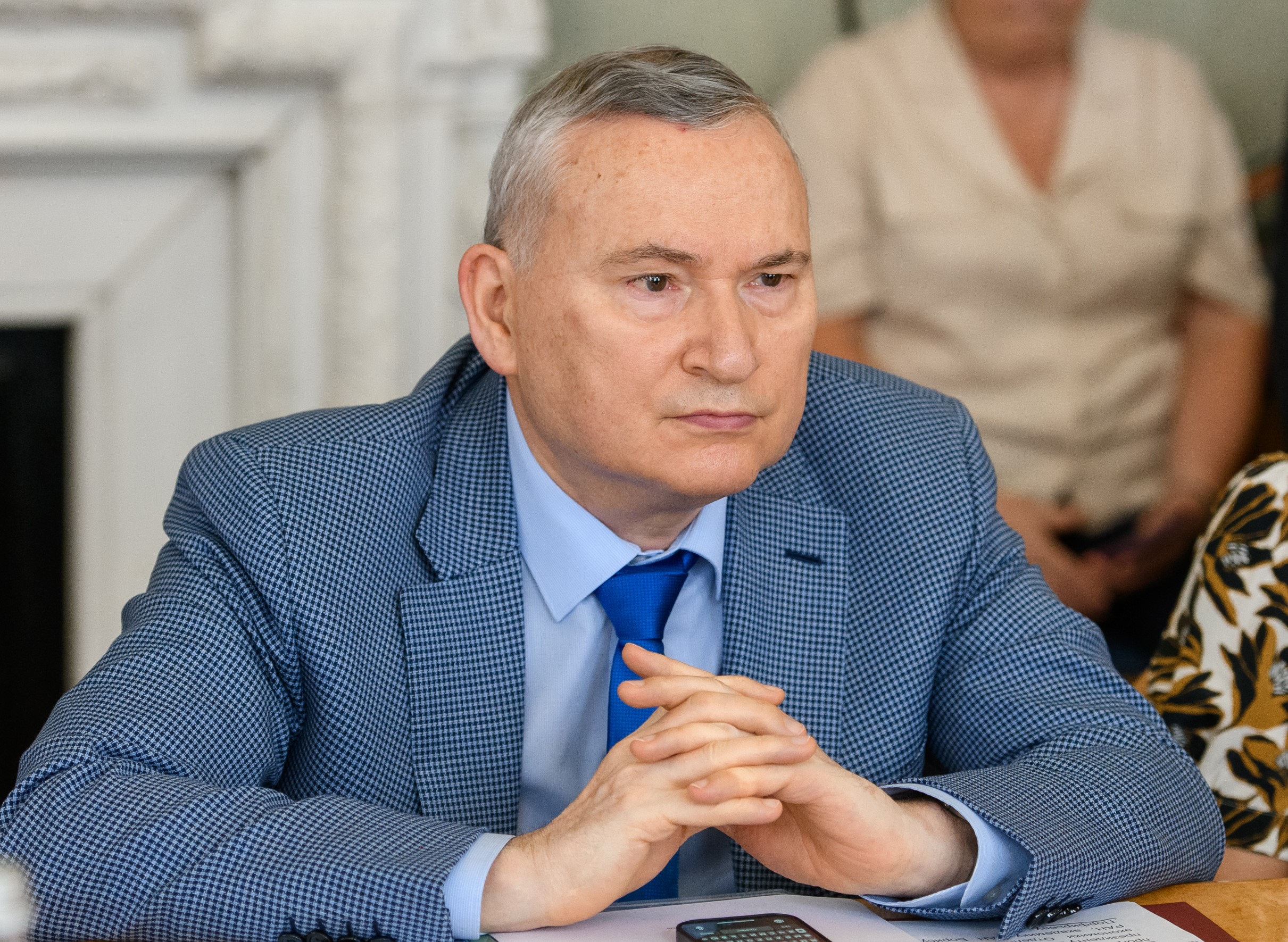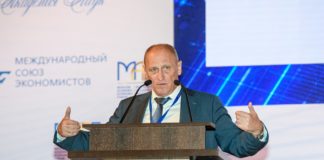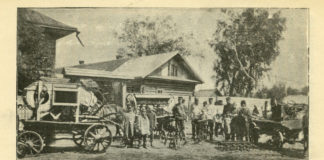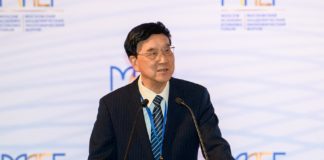Sergei Bodrunov,
President of the VEO of Russia, Correspondent Member of the Russian Science Academy

Participants in discussions on the sites of the VEO of Russia, the International Union of Economists, our partners, and on the pages of “The Free Economy Journal” have been talking about the new world economic reality for several years, and each time the conclusions, forecasts and recommendations of scientists become more and more relevant for making practical decisions in the field economic policy. And for good reason: the increasing power of technology, combined with the possibility of using it in a far from positive way, increasingly contradicts the archaizing type of economic structure in today’s society.
Clearly, the problem of transition to a different type of development arises, one that will, in one way or another, ensure a resolution (and preferably a low-conflict one) of the emerging contradictions.
Now the answer to the question of choosing a development path that will reduce the conflict potential of the systemic transition is, without exaggeration, becoming decisive for the fate of the world, since scenarios of a catastrophic outcome are becoming increasingly visible — and this is reflected in many forecast documents of serious international think tanks.
In this aspect, attention should be paid to one of the most important processes in the world economy, which, accompanying and reflecting general tectonic changes, is associated with new integration, the strengthening of integration processes on a new basis. Its importance is due to the fact that the old institutional forms of unions in the new economic reality no longer meet the needs of their participants, and as a result, they simply stop working, to the point that sometimes even the thread of “dialogue” between the economies of countries and regions is lost.
It is no coincidence that the emerging world economic structure received the name “integral” in the terminology of RAS Academician Sergei Glazyev. This term emphasizes that it is multi-level integration that will ensure the quality and speed of passing through the stages of the global transformation transition. “Noo-integration” (a term proposed at the recently held IX St. Petersburg Economic Congress (SPEC-2024)) as integration based on noo-principles of development, involves the coupling of many processes: it is not only the interpenetration of technological paradigms of participants and the formation of integrated systems (for example, logistical), but also something completely different — for example, “integration of generations” as a result of social development, integration of social strata based on a common solidarity idea based on the fact that the advantages of the economy of a new way of life turn into social achievements, etc.
The process of noo-integration also implies a change in the conditions for potential member states to join the association, which implies that all countries anywhere in the world have the same chances for development and are members of a union of equal partners.
In the current realities, BRICS, in which Russia is the chairman this year, is best suited to the role of such an association. And the enormous attention of the scientific, political, and business communities, which are increasingly focused on the “evolution” of this organization, confirms this point. The activities of BRICS, based on the principles of equality, openness, solidarity and multidisciplinary strategic partnership, today attract a large number of states. Integration in this case appears as a reasonable unification without the dictates of superpowers, a conscious, necessary, global and objective creation of integrity based on values and knowledge that form the basis for mutual understanding and trust between peoples.
Already today, the BRICS countries have begun a balanced regulation of scientific and technological development, the creation of common scientific, educational and scientific and technological spaces based on common values. The special role of knowledge and its practical implementation — new technologies and scientific and technological progress — in the history of the organization is noted. It is thanks to this aspect that the very possibility of regular dialogue and interaction between countries with a significant geographical distance from each other arose.
One of the principles of noo-integration consists in that the processes of unification are complementary and conjugate. For example, BRICS can harmoniously coexist with such ideologically and qualitatively similar Chinese initiatives as “One Belt – One Road” and “Communities of a Common Destiny for Humanity”, with the Russian project of the Greater Eurasian Partnership and others.
And here I would like to say the following. We, Russia, have considerable experience of such integration — albeit in a different form.
Thus, the Russian Empire, in contrast to the classical Western empires, was an example of the integration of heterogeneous socio-economic spaces and economic structures. Even then, in past centuries, the logic of large infrastructure projects for the economic development of territories began to work, priority segments of the economy and leading sectors with the potential for long-term socio-economic development were financed.
We also had the Soviet Union. His powerful attempt at integration, carried out on a new economic and ideological basis, was, in fact, the integration of cultures, interests, social ideas and narratives of huge masses of a completely different population — and this attempt, in many ways, was not unsuccessful!
Unfortunately, we were unable to ensure further integration process, and in both cases. Why? Precisely because technological development and a powerful economy must be ahead, and only on its basis is the next integration stage possible.
The conclusion is clear. It is necessary to increase the efficiency of the economy and the level of technological development — with the active development of the social space and the improvement of relevant institutions.
Scientific discussions about integration processes in the new world economic reality, which took place, including at the above-mentioned SPEC, became one of the main topics of this issue, and I would like to hope — our research into the problems of integration, its role and significance within the framework of the transformation process of the world order , identifying the various consequences of certain approaches to integration: economic, technological, social, will give the right direction for strengthening in international economic relations the important noo-principles of justice, solidarity, eliminating the problem of “competition of regionalisms” and “integration immaturity”.



